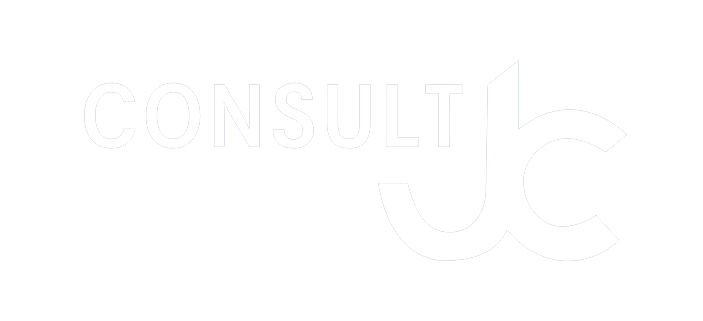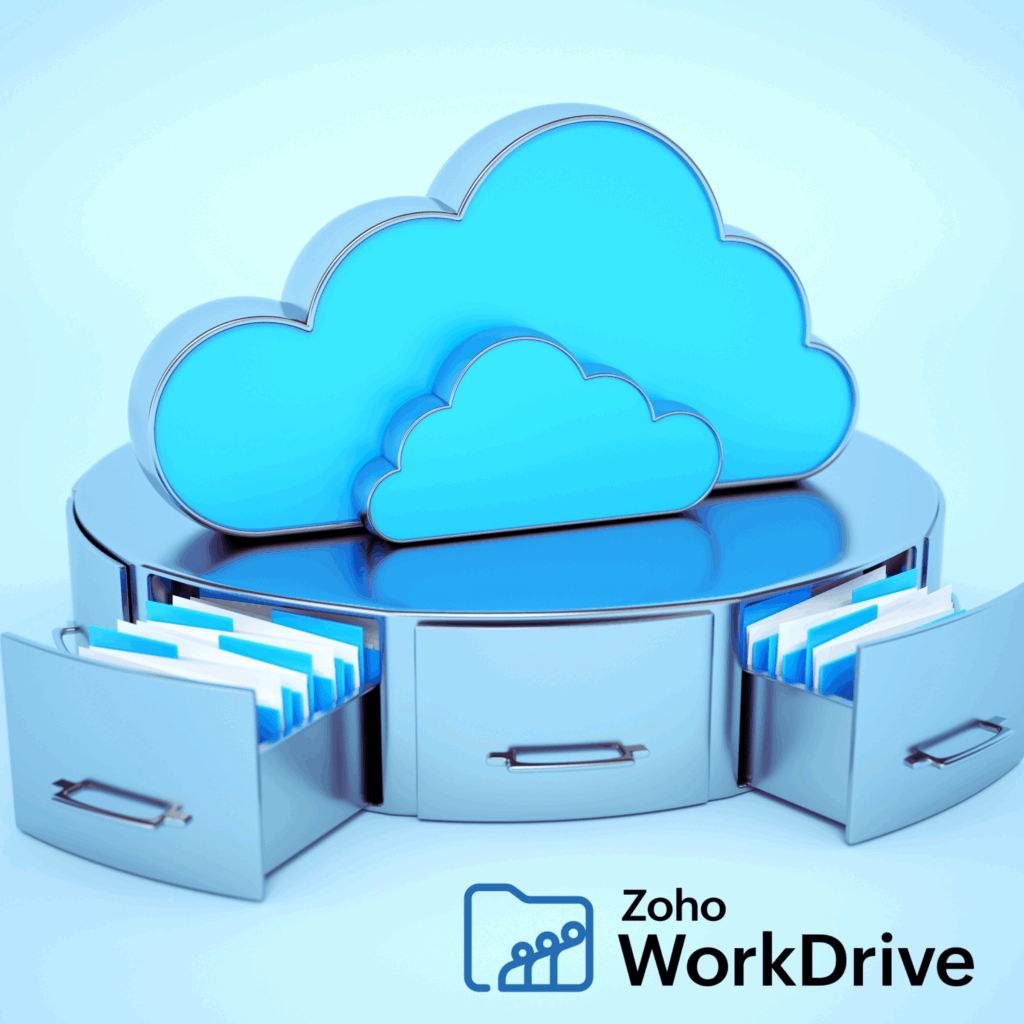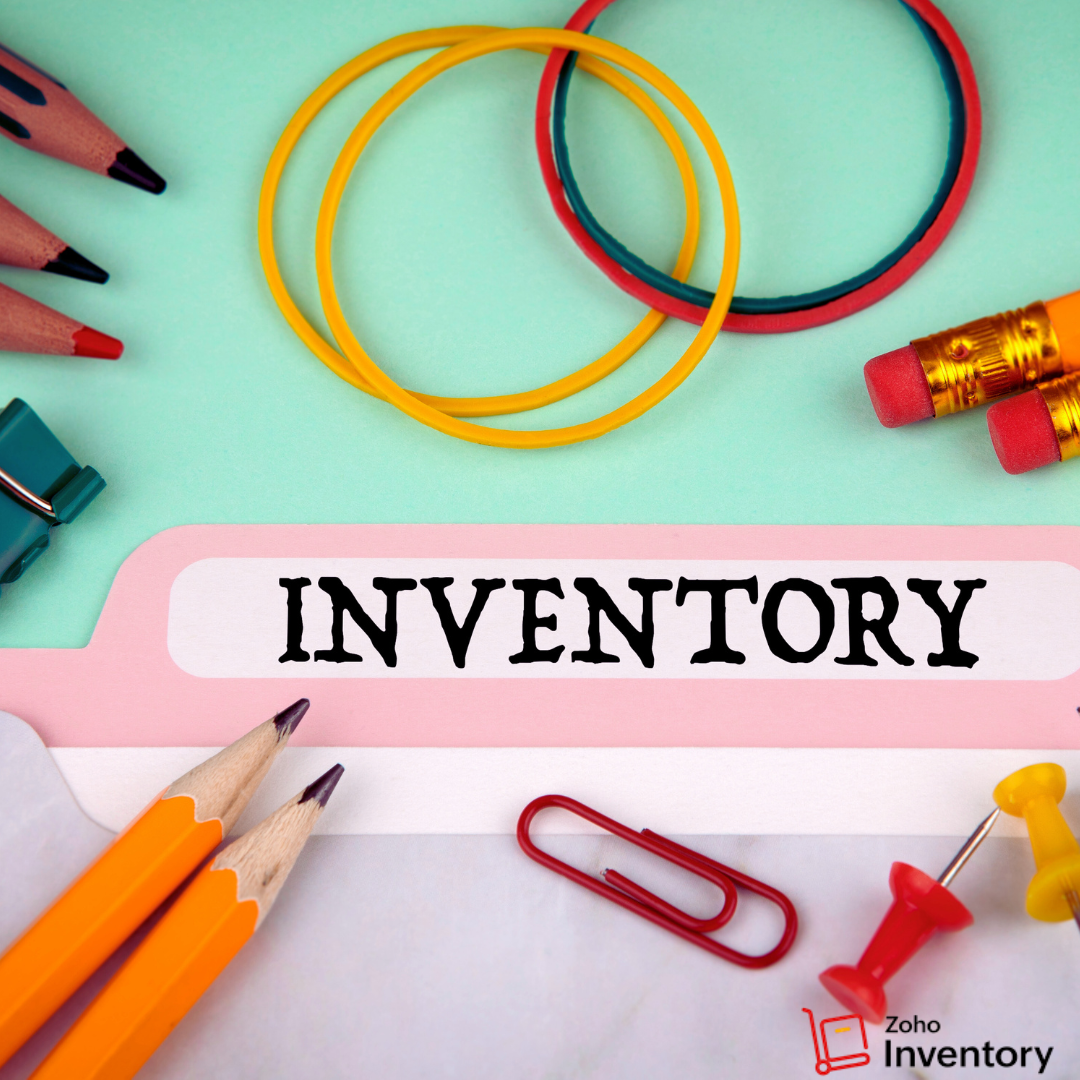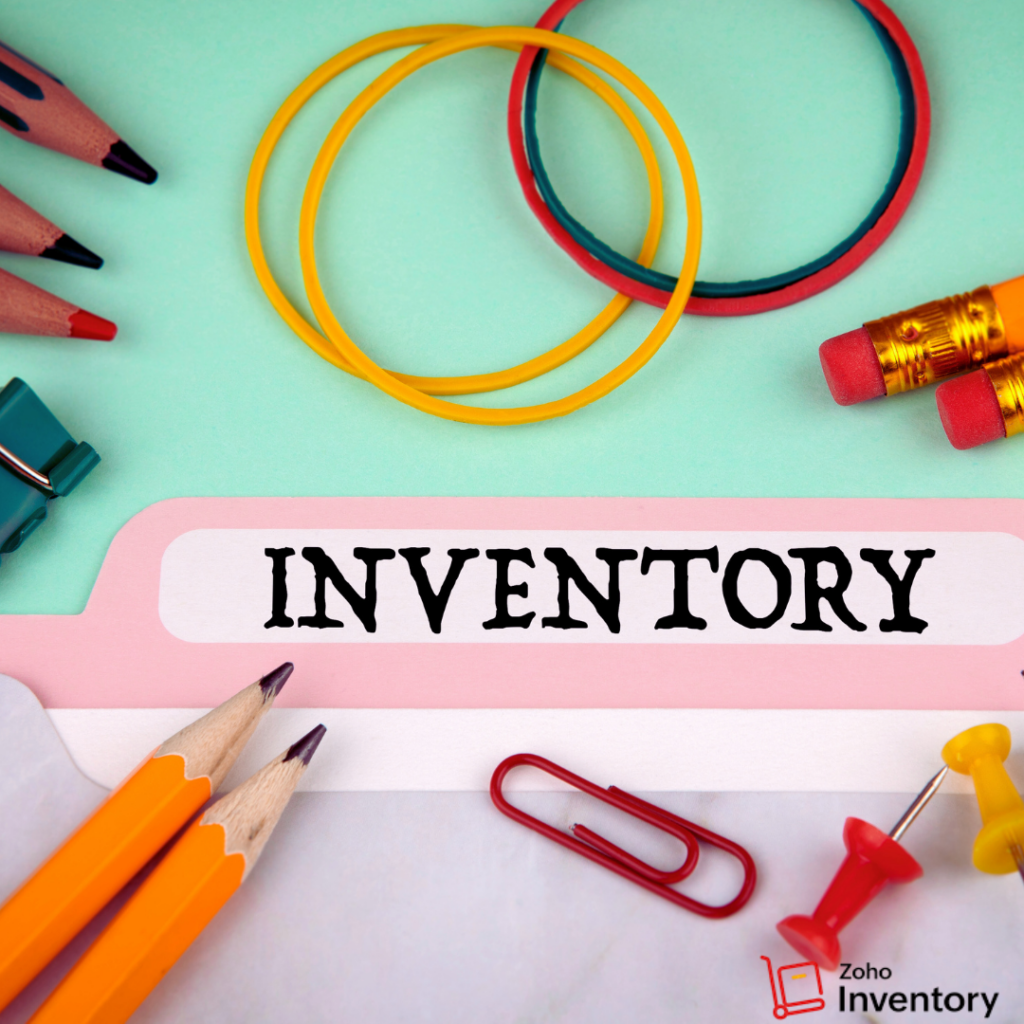Zoho Desk Just Got Easier to Use (Here's What Changed)

The Autumn 2025 update to Zoho Desk is packed with changes that actually make your day-to-day smoother. It’s not just about smarter AI or shinier tools, it’s about less clicking, fewer tabs, and more time spent doing meaningful work.
Here’s a quick walk through what’s new – and why it matters.
Making Support Smarter, One Task at a Time
You’ve probably heard “AI” tossed around like confetti lately. The difference here? Zoho Desk’s AI shows up when it matters – and stays out of the way when it doesn’t.
Prebuilt Agents That Work on Their Own
Now you can roll out support agents that don’t need babysitting. They read customer queries, pu;; from your help docs, understand tone, and reply intelligently. All without an agent lifting a finger. Perfect for clearing out low-priority tickets or handling the same questions you’ve answered a hundred times.
Build-Your-Own AI Agents
Have specific needs? You can build your own AI agent with Zia Agent Studio. Set up roles, give them responsibilities, and let them take care of repetitive work. It’s kind of like hiring a new teammate-except you don’t have to onboard them.
Smarter Auto-Actions
The systems can now:
- Grab details from tickets automatically (like names, addresses, order IDs)
- Predict what goes into which field
- Write replies for you, or at least give you a solid draft
- Even send out responses without you touching your keyboard (if you want it to)
All of this adds up to less copy-paste, less manual sorting, and less switching between tabs.
Better Chats, Better Replies
Whether it’s WhatsApp, live chat, or your own site’s widget, Zoho Desk just made chat easier to manage.
- You can now keep all replies in the same ticket thread – no more mess when a customer sends five messages in five different places.
- Agents cant send voice notes, which is a lot faster than typing out long explanations.
- You can drop in personalized links that fill in names, order info, or other details automatically.
Oh, and the AI helps here too – offering quick reply suggestions and summarizing long conversations at a glance.
Mobile Support That Doesn’t Suck
Let’s face it: mobile support apps usually feel like an afterthought. Not here.
Zoho Desk now lets you:
- Get custom mobile apps built just for your team
- Use Apple Intelligence to clean up writing, change tone, or summarize content.
- Even generate AI avatars for agents
Plus, all the AI writing tools – like “make this sound more professional” or “turn this into a list” – work from your phone. So you’re not stuck writing novels with your thumbs.
Less Admin. More Getting Things Done.
These aren’t flashy, but they matter:
- Tickets that don’t get assigned? They now get automatically reassigned so they’re not forgotten.
- You can save your own filters and search setups, so you don’t have to redo them every time.
- Adminds can control who can create or edit custom views. No more surprise changes from over enthusiastic teammates.
It’s all about getting through your work with less friction.
Accessibility That’s Actually Thoughtful
Everyone works differently, and Zoho’s updates reflect that:
- You can now turn on link underlines to make them easier to see.
- A reading mask helps focus on one part of the screen at a time.
- There’s a focus ring to help with keyboard navigation.
- You can zoom in, boost contrast, and tweak things to fit how you see and read.
It’s not flashy – but it’s respectful. And that’s more important.
Better Integrations , Too
Zoho Desk now plugs into more tools than ever – over 360, in fact. Some new ones include:
- Power BI (if you want to crunch serious numbers)
- GitLab (for your dev team)
- And things like attendance tracking, internalo chat, and more
This means fewer silos, and less jumping between platforms.
Helping Your Team Help Themselves
There’s now a full internal self-service portal for your support agents:
- Product guides
- Internal FAQs
- Training content
And speaking of saving time, you can now turn past tickets into knowledge base articles with just a few clicks. The AI pulls the conversation, picks out the useful parts, and formats it into something your customers can actually use.
This isn’t just a coat of paint. Zoho Desk’s Autumn ’25 update focuses on things that actually make support work better – whether you’re an agent buried in tickets or a manager trying to make your team more efficient.
Less noise. More control. And a system that feels like it’s working with you, not against you.




















